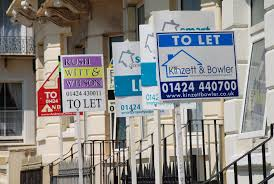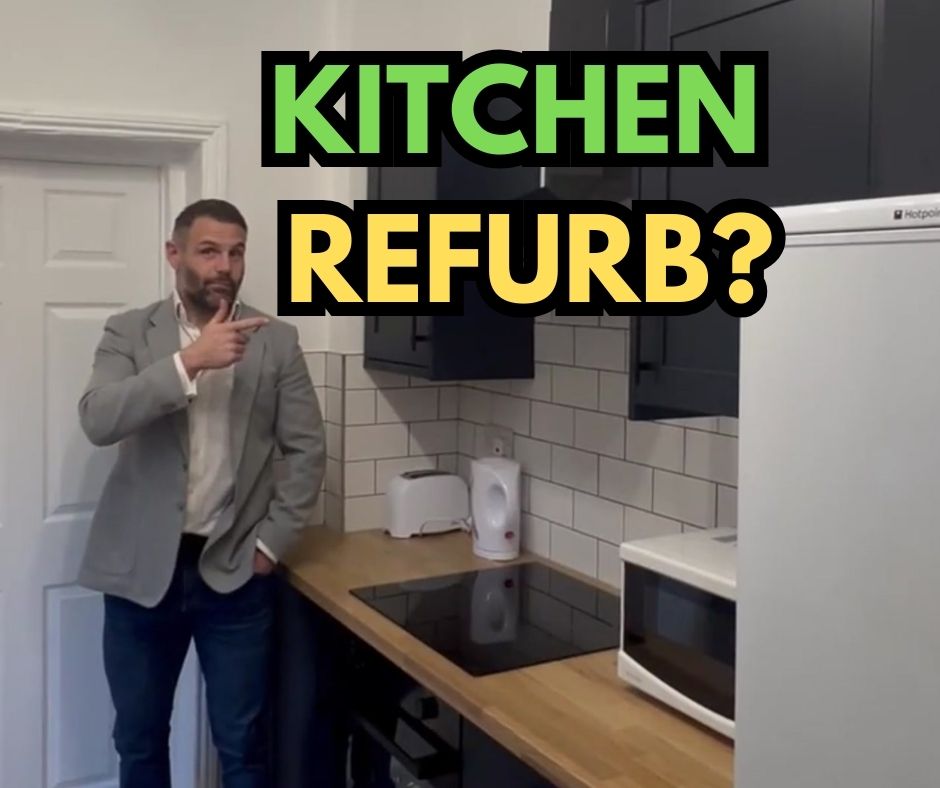Do you know some landlords are facing an effective tax rate of more than 100pc, are landlords becoming “victims of discrimination”? I think landlords...
Do you know some landlords are facing an effective tax rate of more than 100pc, are landlords becoming “victims of discrimination”?
I think landlords are being unfairly blamed for the housing crisis and furthermore I think the recent tax changes to interest relief defy any basic economic analysis. As landlords we’re now being taxed on income before our interest costs? How can that be right?
No other business I know of is taxed in this way and as a result I know of some landlords who will face an effective tax rate of more than 100pc after 2021, when the new rules fully take effect.
So what does this mean for the rental market – more than likely it will result in higher rents for tenants and a fall in the supply of rental housing as landlords leave the sector altogether. Furthermore I believe quality landlords will be replaced by less reputable investors.
So what’s causing the housing crisis – is it landlords? Of course not!! Complicated planning rules are the primary cause of the country’s housing shortage, mainly due to the onerous restrictions placed on developers.
Reforming the way landlords are taxed was the brainchild of former chancellor George Osborne. Between 2017 and 2021, the once favourable tax regime is being replaced with the new stricter rules. Previously, investors were able to offset their mortgage interest payments before calculating their income tax bill. By 2021 landlords will be limited to a 20pc tax credit, after tax is calculated. This will leave many with significantly higher costs.
For example a recent report highlighted the case of one landlord “Caroline” who has successfully rented a range of properties. In 2015 her properties generated £333,000 in rent. Given maintenance and other business costs of £133,000 and a further £155,000 in mortgage interest, she made a profit of around £65,000.
This resulted in a tax bill of £15,200 and an effective tax rate of 23.4pc and meant she had an income of £49,800.
When the government’s reforms are fully implemented, the same landlord will face a tax bill of £54,100 and will earn post-tax income of just £10,900. This is an effective tax rate of 83pc. If interest rates were to rise to the point that mortgage payments and maintenance costs exceeded the rent, Caroline will face a tax charge even though she would make a loss?!?!
In reality landlords have to increase rents to pay for these costs. The supply of rental homes has also been reduced due to the 3pc stamp duty surcharge on second homes, meaning it is also increasingly difficult for landlords to expand their portfolios.
But rather than raking in more extra cash for the Treasury – the stamp duty tax take is actually falling?
Experts say “Recent tax changes to private rented housing will raise rents and reduce the supply of homes for rent. The Government is subjecting private landlords to a sustained assault by contradicting the basic principles of sound tax policy and the Treasury’s justifications are disingenuous”.
The government should roll back the retrospective changes to mortgage relief, since at the moment homes held in corporate vehicles (ltd companies) should not be treated in a more beneficial way than those owned by an individuals.
I really don’t understand why interest is tax deductible for a business holding properties but not for individuals – except for the fact several MPs (including Phillip Hammond) hold their properties in this way?
What are your thoughts?



 posted by
posted by 


Share this with
Email
Facebook
Messenger
Twitter
Pinterest
LinkedIn
Copy this link